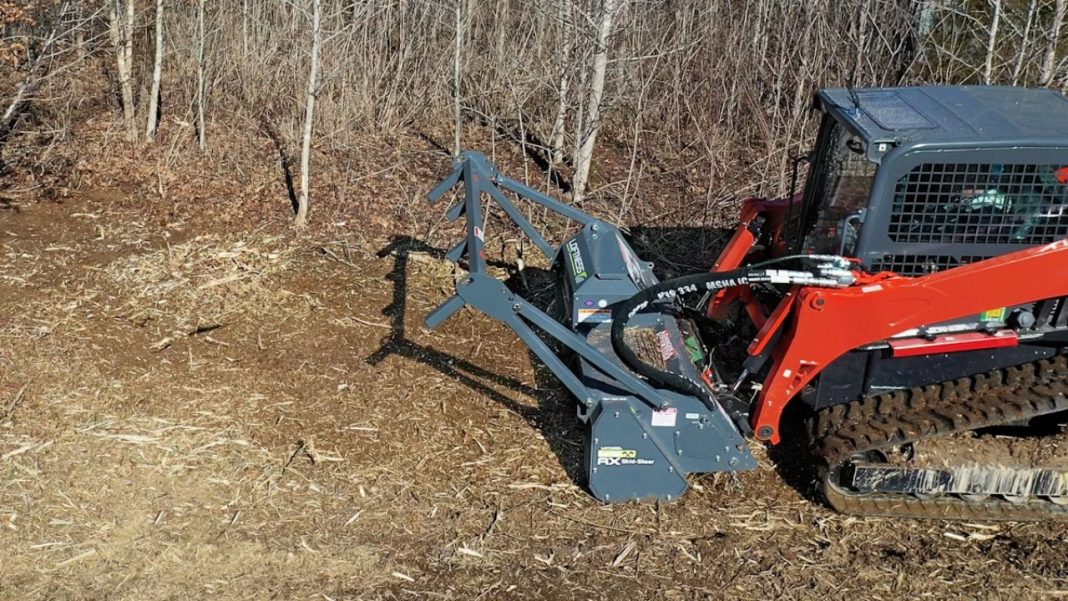Fecon teeth are some of the spare parts that are used in the forestry machinery, especially in the mulchers and grinders. These teeth are intended to tear through trees, brush, and other vegetation types. It is noteworthy that their performance can be different depending on the conditions under which these devices are used. The following case study looks at how fecon teeth work in different contexts, particularly on efficiency, longevity, and wear and tear.
Introduction to Fecon Teeth
Fecon teeth are manufactured from high-quality materials to enable them to work in harsh conditions. They are applied in different areas like clearing of land and construction of roads among other uses. The teeth are of different sizes and shapes to suit the kind of vegetation and the kind of soil that is found in the mouth of the animal.
Testing Conditions
To understand how Fecon teeth perform, tests were conducted under several conditions:
Performance in Soft Soil
Fecon teeth are usually effective when operating in soft soil. The teeth easily and effectively slice through the vegetation and the soil without much of a struggle. The softer ground has the added advantage of not wearing out the teeth as fast hence increasing their durability. But in extreme cases of sandiness, the teeth may be choked by sand, which would reduce the cutting efficiency in the long run.
Performance in Hard Soil
Fecon teeth are more problematic in hard soil. While working through the clay or rocky soil, the teeth used are subjected to a lot of stress and strain. The hard ground will make the teeth wear out faster and this makes their replacement more often. To deal with these conditions, Fecon has available teeth constructed of stronger materials or with geometries that are better suited to withstand the additional load.
Performance in Dense Vegetation
In the thick growth, Fecon teeth are meant to work with large loads. Nonetheless, forests can be problematic because they make the teeth stick to plant matter. It requires constant sharpening and cleaning for the teeth to remain in good condition. The general performance of Fecon teeth in these conditions is satisfactory but the operators should expect to carry out more frequent maintenance.
Performance in Wet Conditions
When operating in conditions where the underfoot conditions are soft such as in muddy or wet ground, the Fecon teeth may slip more and offer more opposition to the movement. There is also a risk of the teeth becoming slippery and thus the holder has a hard time managing the equipment. Cleaning is very important to avoid rust and other mishaps that are a result of wet areas.
Maintenance and Longevity
It is crucial to maintain Fecon teeth regardless of the condition that they are in. This involves checking if the teeth are worn, whether they need to be cleaned, or whether they need to be replaced. This is important to have a longer life span and performance for the teeth. Operators must follow the manufacturer’s instructions concerning care and replacement.
Conclusion
Fecon teeth are suitable for different situations, however, their efficiency depends on the type of ground, vegetation, and climate. When working in soft ground, they provide fast cutting with little amount of wear. It is also important to note that they are more challenging in hard ground and thickets. Some conditions are worse than others and wet conditions are one of those that require extra attention. Thus, knowing these aspects and carrying out maintenance work, the operators can guarantee the further effective work of Fecon teeth in various conditions.











